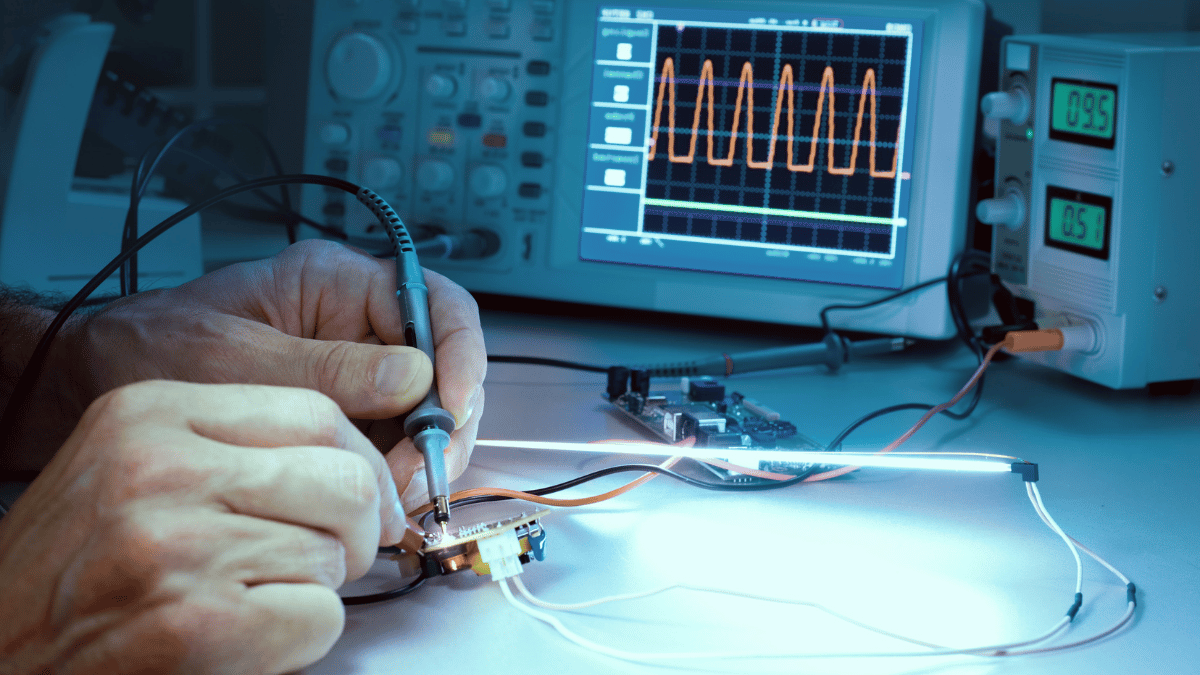Companies or individuals who wish to bring telecommunications equipment to the Indonesian market must understand the DJID Certification document requirements.
DJID or Directorate General of Digital Infrastructure Resources, is the institution that regulates DJID Certification as approval for telecommunications equipment entering or circulating in Indonesia.
Having DJID certification guarantees that the devices in circulation meet the safety and quality standards set in Indonesia.
DJID certification requirements are not difficult. There are only two main routes that can be taken, namely through local testing and paperwork.
Each path to DJID certification has document requirements that need to be met so that the process is smooth and effective.
Let’s take a deeper look at what DJID certification documents are required for each of these paths.
Local Testing Path and DJID Certification Requirements Document

In the local testing path, devices that will receive approval must undergo testing in a laboratory approved by DJID in Indonesia.
The following are the DJID document requirements that need to be prepared for this path:
1. Product specifications: This document lists the complete specifications of the product, such as model and features. It is important to ensure the model name in this document is the same as that which will be submitted to DJID.
2. Product photos: Photos that clearly show the device, including its external appearance and important parts, are required for visual identification.
3. RF modulation type: A document that describes the type of radio frequency (RF) modulation used in the device, as this information is important for testing the device’s compatibility with Indonesian standards.
4. Antenna gain value: The antenna gain value in dBi units needs to be included. This is part of the testing to ensure the device meets safe and effective signal requirements.
5. SOPs and software test: Standard Operating Procedures (SOPs) and software used for testing are also required. This document facilitates the testing process according to applicable procedures.
6. Brand certificate or MOU: If the applicant is a distributor or importer, a brand certificate or Memorandum of Understanding (MOU) with the brand holder must be included as proof of official cooperation.
7. Application form: A form containing applicant and product information, including technical and commercial data, which is part of the application requirements.
8. LR Information: Data on responsible local representatives in Indonesia is also required. Typically, this is an entity or individual who will help ensure the device complies with applicable regulations.
Paperwork Path

For devices that have undergone testing at an international laboratory recognized by DJID, the paperwork route is a simpler alternative. With this route, the device no longer needs to undergo local testing in Indonesia.
The following are the DJID document requirements for the Paperwork path:
1. Product specifications and product photos: Just like on the local testing route, product specifications and photos must be complete and accurate.
2. RF test report: An RF test report from a laboratory recognized by DJID is essential. This report shows radio frequency test results, which prove that the device is working on safe frequencies.
3. EMC test report: This document shows the device’s resistance to electromagnetic interference and is important to guarantee the device does not interfere with other devices.
4. CB report (if using AC power): If the device uses AC power, a CB (Certificate Body) report is required to show that the device meets electrical safety standards.
5. Application form: This form contains the same information as the local testing route and is one of the mandatory documents in the paperwork process.
6. Trademark certificate or MOU: This certificate must be included if the applicant is not the trademark holder.
7. Summary of test report: A summary of the results of the tests carried out must also be attached to provide an overview of the device test results.
Meeting the DJID document requirements is very important for companies or individuals who wish to bring telecommunications equipment to the Indonesian market. With two main routes, namely local testing, and paperwork, DJID offers options for devices that are tested domestically or in recognized overseas laboratories.
Download Summary
Complete document preparation will help the approval process run smoothly, ensuring the device meets the safety and quality standards applicable in Indonesia. If you need help in processing this certification, using DJID certification services could be the right solution. [UN]

